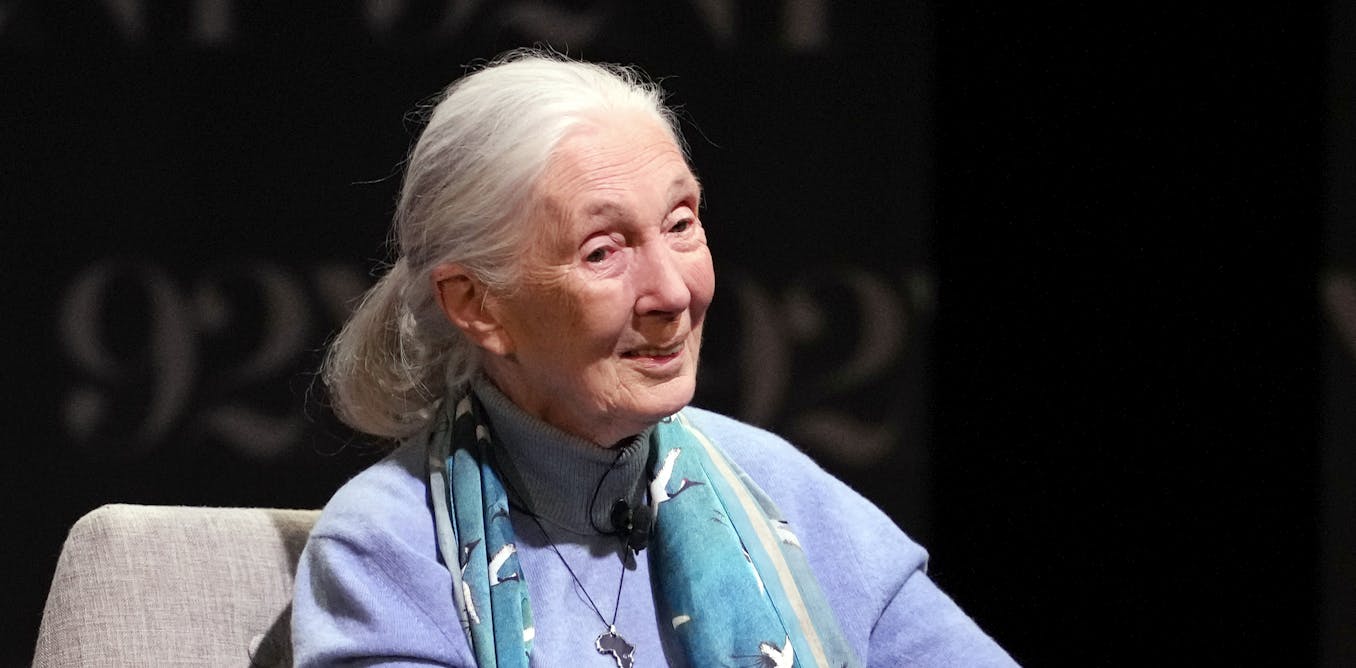Tilly Norwood is the hottest actor in Hollywood right now.
Her career has been covered by Variety, the BBC and Forbes, to name just a few publications. All of this is publicity that a young actor at the start of their career can only dream of. But Tilly doesn’t dream. Nor is she actually acting in the strictest sense of the word, because Tilly is an AI actor, created by Particle6 Studios, a UK-based AI-focused film production company.
There have, of course, been AI actors before. Carrie Fisher was famously resurrected for The Rise of Skywalker in 2019. James Cameron used background “actors” to populate Titanic in 1997, but until now no AI creation has achieved the media cut-through that Tilly has. This is partly due to her creator – Eline Van Der Velden – and her team. They have launched Tilly into the marketplace as a persona: something designed to act and emote.
As Van Der Velden told entertainment news site Screen Daily: “[Tilly is] an act of imagination and craftsmanship, not unlike drawing a character, writing a role or shaping a performance.” There is technological craft in her creation, certainly. But there is also a grey area, where that creation draws on the work, voices, physiognomy and artistry of others – blended into code, shaped for modern media and packaged in a soft-focus comedy video just meta enough to deflect criticism.
My work with actors has always been deeply rewarding. At the Guilford School of Acting, where I teach, the approach is grounded in the belief that acting is born from a combination of craft, empathy, collaboration and above all a genuine exploration of what it means to be human. The story of “Tilly’s” creation has stirred a powerful response among the students I have been working with: a mix of horror, fear and, perhaps most chillingly of all, resignation. Resignation that this may indeed be the direction in which the creative industries are heading.
The outcry from established actors was immediate and heartfelt. On hearing that agents were already contacting the production company in hopes of representing it, A-lister Emily Blunt told interviewers: “Good lord, we’re screwed. That is really, really scary. Come on, agencies, don’t do that. Please stop. Please stop taking away our human connection.”
The human connection is the point. The Russian theatre practitioner, Konstantin Stanislavski, whose work consistently urged actors to seek inner truth and humanity, summed it up well. Writing in his book An Actor Prepares (1936), he explained: “To break that rule of using your own feelings is the equivalent of killing the person you are portraying, because you deprive him of a palpitating, living, human soul, which is the real source of life for a part.”
Courtesy Particle6 Production
In a recent podcast interview with Jay Shetty, actor Emma Watson reflected on how the “movie star” version of herself had become something of an avatar in her mind. She spoke candidly about her journey from the Harry Potter films, the hypersexualisation she endured in the media and the scrutiny now placed on her every word and stance.
For producers, directors, and studios, a compliant, commodified figure like Norwood is an attractive prospect: an actor who doesn’t need an intimacy coordinator, won’t go off-message on social media or perhaps more disturbingly, might. As impressive as the technological achievement is, the choice of an elfin-thin, 20-something female “actor” is also highly questionable.
In a world where power dynamics and abuses are finally being called out through the #MeToo movement, it’s perhaps no surprise that the coded, painted and constructed Tilly Norwood has arrived. The “actor” is programmable and usable. It looks human but is, at its core, deficient. And will always remain so. Because what makes an actor is that ineffable thing: humanity.

Looking for something good? Cut through the noise with a carefully curated selection of the latest releases, live events and exhibitions, straight to your inbox every fortnight, on Fridays. Sign up here.

The post “‘AI actor’ Tilly Norwood is dividing Hollywood – but real acting requires humanity” by Nicholas Scrivens, Programme Leader – MA Musical Theatre, University of Surrey was published on 10/03/2025 by theconversation.com



































Leave a Reply